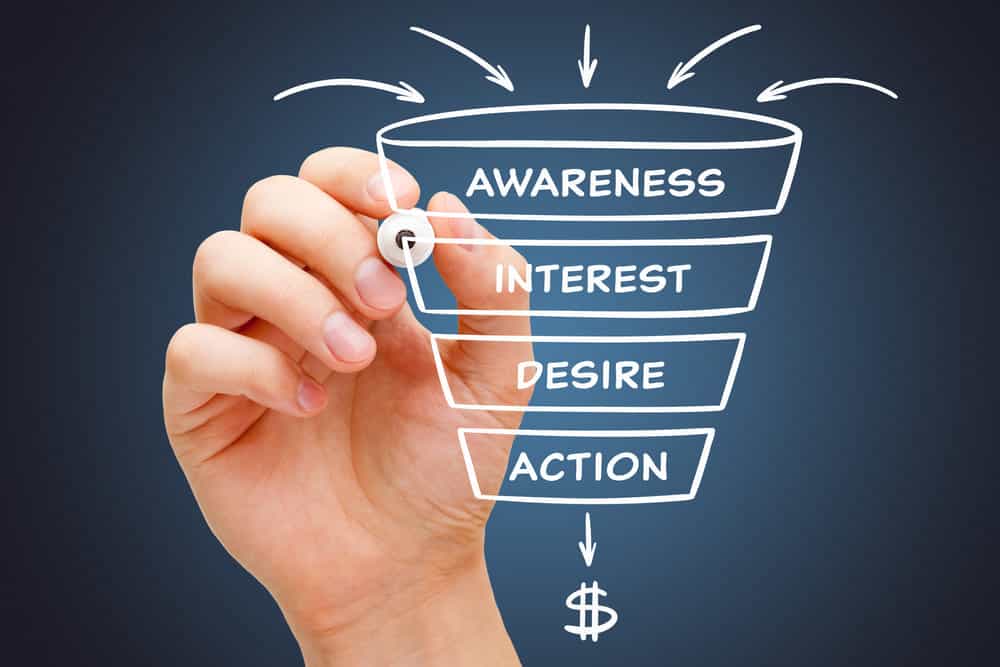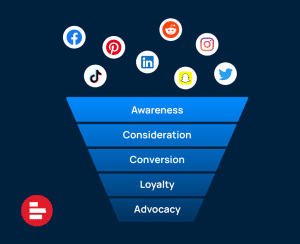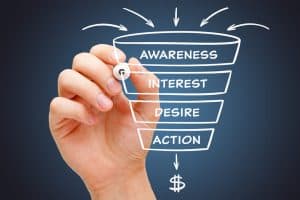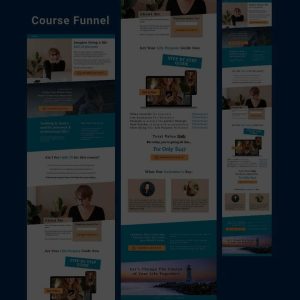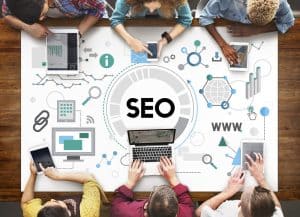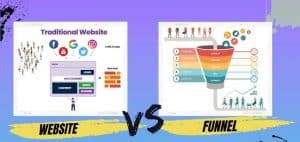In the world of digital marketing, optimizing your marketing funnel is essential for driving customer engagement, nurturing leads, and achieving conversion success. This blog explores the journey through the marketing funnel, from creating awareness to securing conversions. By understanding the different stages of the funnel and implementing effective optimization strategies, businesses can maximize their marketing efforts and drive tangible results.
- The Anatomy of a Marketing Funnel: We begin by dissecting the marketing funnel and its various stages: awareness, consideration, and conversion. We explore the purpose of each stage and how they work together to guide prospects through their buying journey. Understanding the funnel’s structure is crucial for identifying optimization opportunities at each stage.
- Generating Awareness: Attracting Your Target Audience: The first stage of the marketing funnel is creating awareness and attracting your target audience. We discuss strategies for building brand visibility, including content marketing, social media advertising, search engine optimization (SEO), and influencer partnerships. By targeting the right audience with compelling content, businesses can effectively generate awareness and capture the attention of potential customers.
- Nurturing Leads: Moving from Consideration to Conversion: Once prospects are aware of your brand, the next step is to nurture leads and move them towards conversion. We explore tactics such as email marketing, lead magnets, personalized content, and retargeting campaigns. By providing valuable information and nurturing relationships, businesses can build trust and increase the likelihood of conversion.
- Conversion Optimization: Turning Leads into Customers: The conversion stage of the funnel is where prospects become paying customers. We discuss strategies for optimizing landing pages, simplifying the conversion process, and implementing persuasive elements such as social proof and urgency tactics. By removing friction points and providing a seamless user experience, businesses can improve their conversion rates and drive revenue growth.
- Retention and Advocacy: Sustaining Customer Relationships: Optimizing the marketing funnel doesn’t stop at the point of conversion. We explore strategies for retaining customers and turning them into brand advocates. This includes tactics such as personalized email campaigns, loyalty programs, referral incentives, and social media engagement. By fostering long-term relationships and leveraging customer advocacy, businesses can drive repeat purchases and amplify their brand reach.
- Data-Driven Optimization: Leveraging Analytics: Data-driven optimization is crucial for maximizing the effectiveness of your marketing funnel. We discuss the importance of tracking and analyzing key metrics, such as conversion rates, click-through rates, and customer lifetime value. By leveraging analytics tools and conducting A/B tests, businesses can gain insights into customer behavior and make data-driven decisions to optimize their marketing funnel further.
- Personalization and Segmentation: Tailoring the Experience: Personalization and segmentation are powerful tactics for enhancing the marketing funnel. We explore strategies for segmenting audiences based on demographics, behaviors, and interests. By delivering targeted and personalized content at each stage of the funnel, businesses can create a more relevant and engaging experience for prospects, increasing their chances of conversion.
- Continuous Optimization: Testing and Iteration: Optimizing the marketing funnel is an ongoing process. We discuss the importance of continuous testing, iteration, and refinement. By analyzing results, identifying areas for improvement, and implementing changes, businesses can optimize their funnel over time and drive continuous growth and success.
Optimizing your marketing funnel is crucial for driving customer engagement, nurturing leads, and achieving conversion success. By understanding the anatomy of the marketing funnel, generating awareness, nurturing leads, optimizing conversion, retaining customers, leveraging data-driven insights, personalizing the experience, and continuously iterating, businesses can maximize their marketing efforts and achieve tangible results. With a well-optimized marketing funnel, businesses can effectively guide prospects through the buyer journey and turn them into loyal, satisfied customers.
